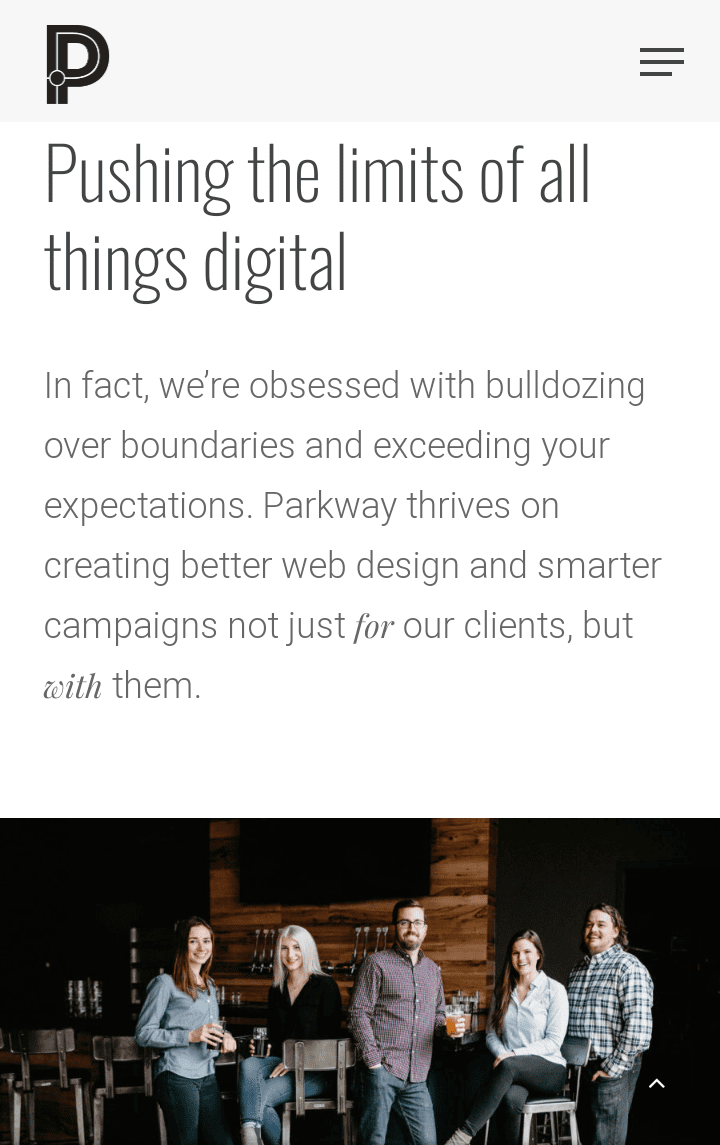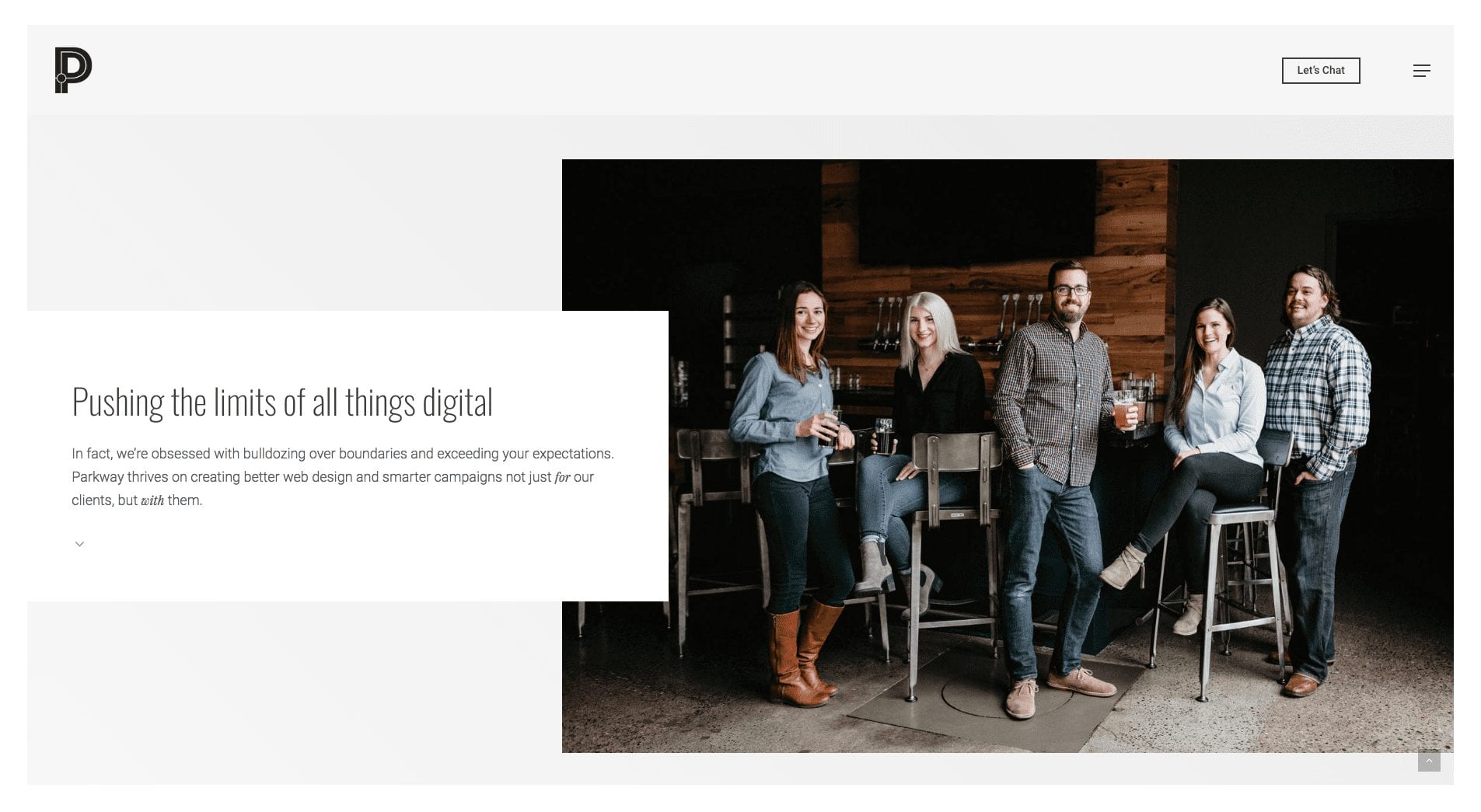Chances are you’ve heard of “responsive website design” before, or maybe it was the phrase “mobile-friendly.” You may have even nodded along in agreement while wondering what the heck everyone was talking about. What are responsive websites and why are businesses and users alike demanding them? Are there enough benefits of responsive design to justify making the switch?
What is a responsive website?
By definition, responsive web design is an approach to web design that allows web pages to adjust in response to the size of a site visitor’s screen or web browser. Regardless of whether you access a responsive website on your computer, tablet or smartphone, its flexible layout will adjust to the exact screen size and orientation you’re using.


Why does responsive design matter? In the US, smartphones and tablets make up 57% of online traffic and mobile phones are quickly becoming many searchers’ preferred device. It is important that your website can be viewed properly and accessed by all users without errors or frustration. As designers, we need to re-think our development strategy in order to build an efficient experience for users regardless of their device.
The Benefits of Responsive Design
There are many reasons to make the switch to a responsive website for both business owners and their customers.
Google’s Mobile-First Index
Google understands the content of your website based on what mobile users see. It’s important to give Google as much information about your company as possible within the mobile version. The easiest way to do this is to make your website responsive so that the mobile version and desktop version (as well as all sizes in between) contain all of the same information.
Search Engine Optimization
Another huge reason to design your website this way? Google prefers websites that are responsive. Google has stated that responsive design is their preferred configuration for mobile-friendly websites for years. This is especially true with the introduction of a mobile-first index. Relying on an outdated website that does not adapt to specific screen sizes can put you behind your competitors on search engine results pages.
User Experience
Users benefit from responsive design as well. The Parkway team is always cognizant of the number of clicks or taps it will take a user to navigate to the most important pages on a website, regardless of the site visitor’s screen size. Although aesthetic plays an important role in impressing users, keeping the website design and navigation simple and easy-to-use is also crucial.
Providing a good user experience with a responsive website encourages potential customers to stay on your website longer and visit more pages. Google uses these signals to understand how beneficial your website is. When users have a good experience on a website, they are more likely to come back to that website.
Next time you access a website from your mobile device, take a minute to critique its usability. Was it easy to use or did you have to visit multiple pages to find what you were looking for?
Cost Effectiveness
With a responsive design, you will have a single website that adjusts to different devices, instead of designing and maintaining separate mobile and desktop sites. This reduces costs for both initial development and upkeep.
If your business does not currently have a responsive website, it is time to consider a redesign. It’s important to understand that many users are driven away from websites that are difficult to use. Once frustrated, users will generally not return and instead seek out a competitor.